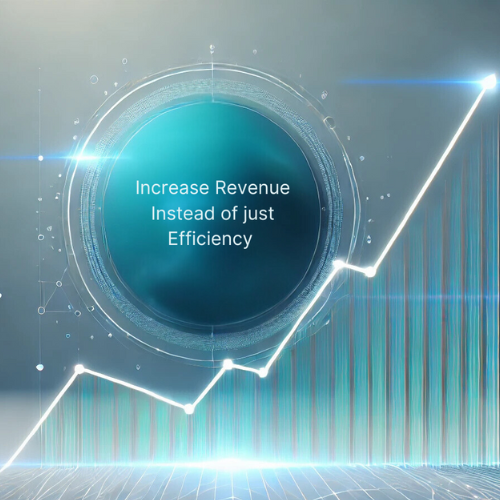Since the early 1990s, Gill Walker has been living and breathing customer relationship management. And since 2002 she has dedicated herself to Microsoft CRM, as it was then known. Walker’s hard work and dedication was recognized this year with the Microsoft MVP award, which she sees as a “thank you” for her work supporting the community.
Gill Walker
Since 2004, Walker has headed Opsis, a Sydney-based Dynamics 365 boutique business consultancy focused on business success with CRM.
With the job title of principal CRM Success Catalyst, Walker oversees operations, strategic planning, and execution at Opsis, which services clients in Sydney, Canberra, Melbourne, Brisbane, and across Australia. Walker is also the creator of SuccessRM, an education-led program she developed that boosts the probability of CRM success.
MSDW reached out to Walker to learn more about her work with Microsoft technologies, her community involvement, and her outlook on what CRM customers should expect from their training investments.
MSDW: What is your history in the Dynamics space?
Walker: I have been working with Microsoft [CRM-related products] since 2002. I cut my teeth on Microsoft CRM v1.0beta. I have been the principal CRM success catalyst at Opsis since 2004. Opsis is a boutique CRM consultancy focused on Microsoft Dynamics 365 and Microsoft Power Platform and we provide consulting, training, support, advice, and CRM strategy, including establishing a center of excellence.
How and when did you get involved with the community?
I have been actively involved in the D365 community for about four years. Prior to stepping up to the lead of the Sydney BizApps group, I was a member of the leadership team, bringing my event management and speaking skills to the group, and I frequently spoke at events.
What are your recent presentation themes?
Most of my presentations are people-focused, rather than technical. For the May Sydney BizApps meeting I spoke on ‘We are moving to the cloud/Microsoft Dynamics 365 Online. Why do we need……?’ In February, I spoke on “How a [Center] of Excellence will deliver success to your D365 project’ and last October I spoke on ‘Scoping your CRM for Success.’ Last year, I spoke at the Scottish Summit on ‘Seven Sins of D365 Training,’ and on transforming your Tech Talks to hit your target audience at Sydney Ignite in 2020.
How has training your clients changed and how have you adapted?
COVID has radically changed how many previously office-based people work. This has had both positive and negative effects. Prior to COVID, training was already seen as an activity that could be cut if the project ran out of time or budget.
Technical training has also had issues with a lack of appreciation of the skills of training. Effective training in any skills requires more than the relevant skill knowledge. I explain this as training anything requires three bodies of skill: i.e., knowledge of level one of the topic, knowledge of level two of the topic, and knowledge of communicating to people with a range of learning styles.
Level one is the topic material to be taught, level two is knowledge outside of the material being taught that enables the trainer to answer more difficult questions.
Successful learning in technical skills requires far more than hearing or watching the material once. Understanding requires material that addresses the why, the what, and the how. I liken this to the difference between navigating using a GPS compared to a list of written instructions. The GPS is still useful when you are forced to change. Fully understanding practical skills requires hands-on experience in doing the skill and some problem solving.
So an effective training course requires a trainer:










